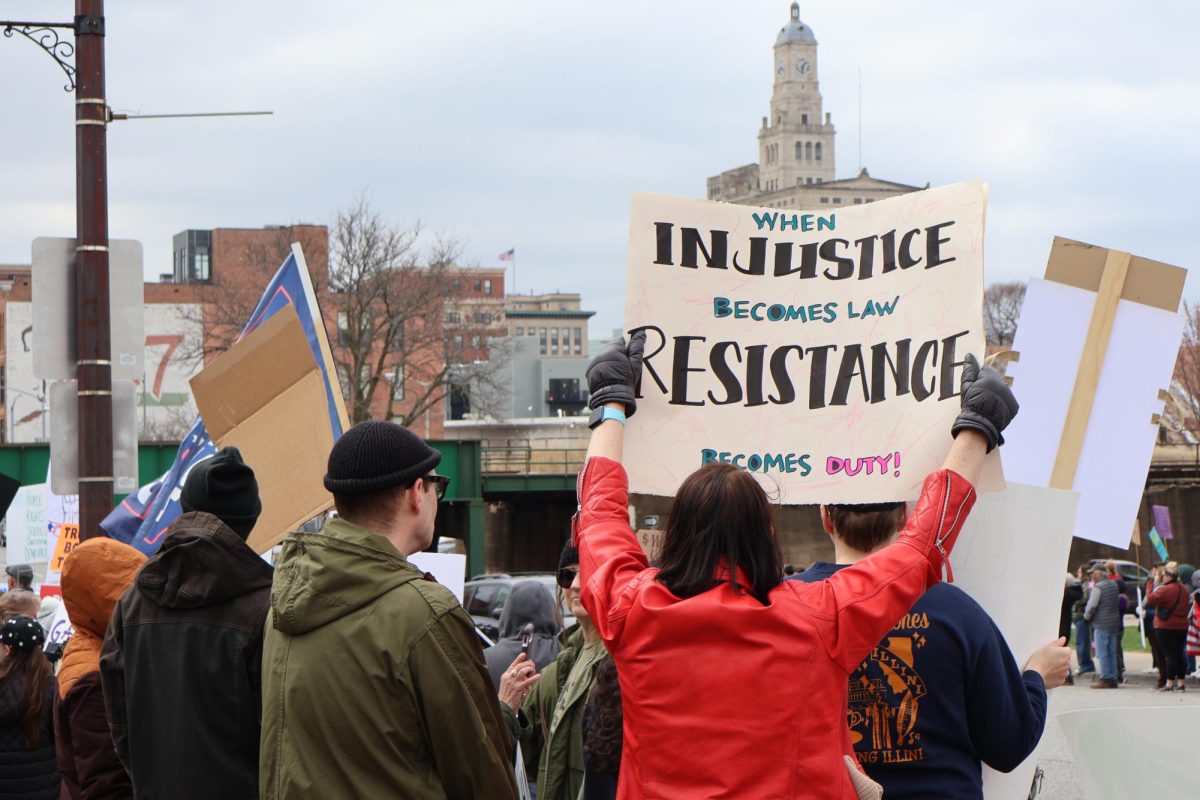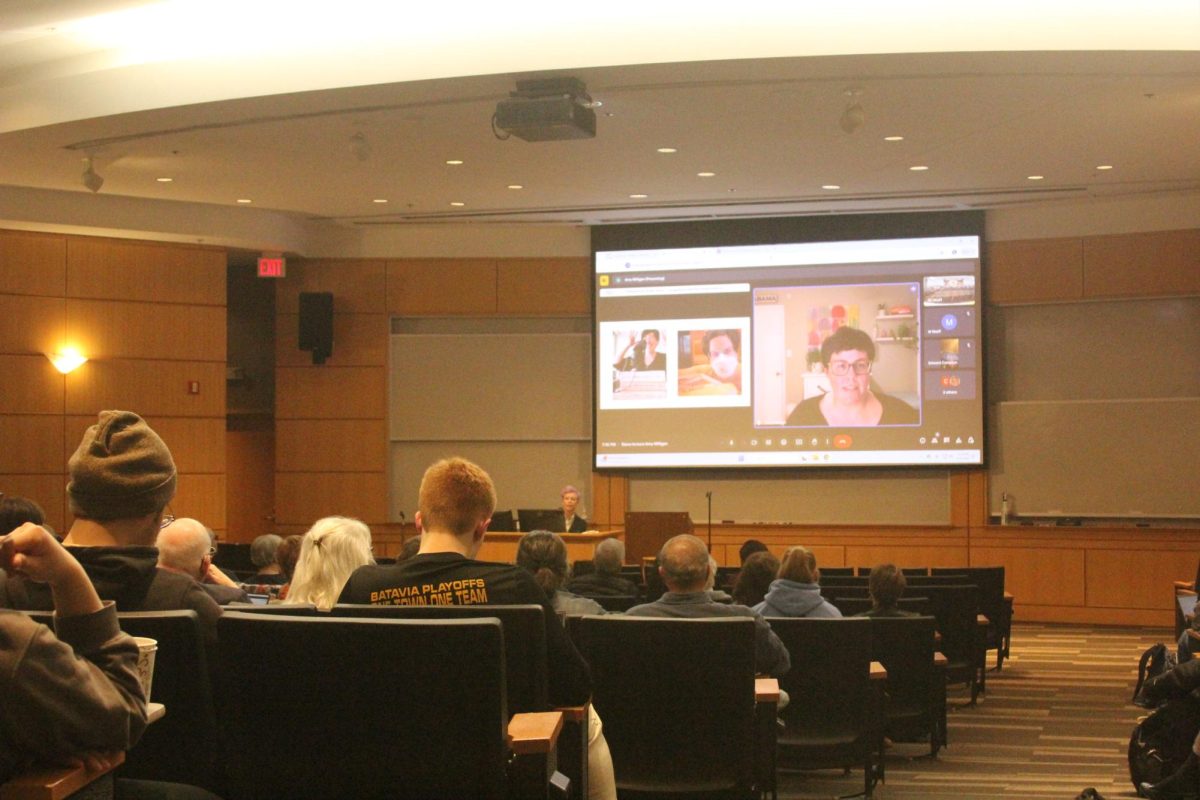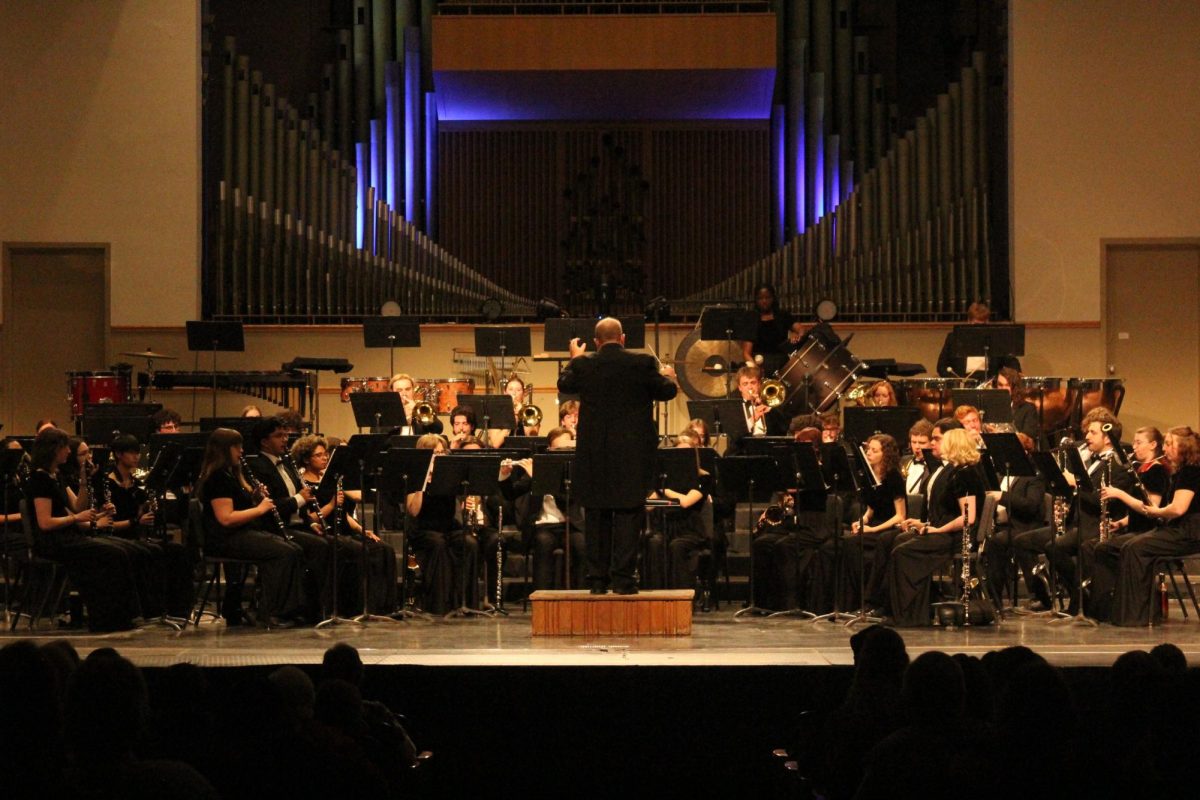When people in positions of authority, like police officers, murder people of color, there is an overwhelming response that the issue at hand is a “race thing”. And it is.
The United States of America is a place where race confers privilege, or a lack of it, onto its citizens.
Black people in America are statistically more likely to undergo harassment if not death when they are stopped by police. Michael Brown was falsely accused of stealing cigars, as if petty theft is a crime that justifies instant death.
An Ohio man recently was shot and killed by a police officer in Wal-Mart for walking around with a toy air rifle.
These are only two of several recent examples.
History is rife with other examples of police brutality and racial profiling directed at black people, stretching beyond the Civil Rights era all the way back to the first slaves brought to America.
Everyone looks for safety in their environment. We all look for certainty in confusion, a definite place to call “home” and mean it.
A certain anxiety comes with witnessing the almost systematic murders of people who look like you and share the same or similar history as you.
As one can imagine, it is very hard to call a place home that continues to victimize or harass you. Fearing the people meant to serve and protect everyone does not make the United States feel like much of a “home.”
For every black person in America, our whole lives are encompassed by survival.
We make every attempt to be safe and assimilate with the “dominant” culture. We change the way we speak, what we wear, and are overly conscious about being harassed.
These things don’t leave our minds. However, changing these things in order to be more “respectable” has not worked to stop racial profiling or police brutality in either the past or the present.
Yet in Ferguson, the outrage that our community feels is often shown as ignorance. The news doesn’t recognize that the rage started after quiet protesters were called names, tear gassed, and pepper sprayed, among other things, all by the police.
The immediate image that comes to mind is the Birmingham campaign when African Americans were hosed with water by firefighters and dogs were let loose to attack.
In Ferguson’s current state, there are military tanks on the street and police officers in full body armor facing unarmed protesters. There is more than just a rage and fear for immediate safety, but for basic human rights.
Why is this community getting silenced by authorities and the media when we are looking for their support?
Is humanity earned, or are you born with it?
Instead of considering every racially fueled event as separate occurrences, we as individuals and society need to try to see a pattern; step away from the blame game and try to observe from a critical and objective standpoint how things happen.
We all need to pay attention to more than what is given to us by local, friendly newscasters. The recent deaths of Michael Brown and other black men at the hands of police are not isolated incidents.
Always ask questions. In matters like these, silence is what kills us. Ignorance is a poison, but once you escape its grasp, progress can be made.
The challenge is not who can be the most apathetic, but who can be brave enough to care and learn. Everyone on this campus is brave enough to think and act beyond the comforts of the status quo.
For every person injured and killed during these past weeks, rest in peace.
Gray and Steward are members of the Black Student Union.
Categories:
Guest column: Focus on big picture necessary for progress
September 5, 2014
0
More to Discover






































































































